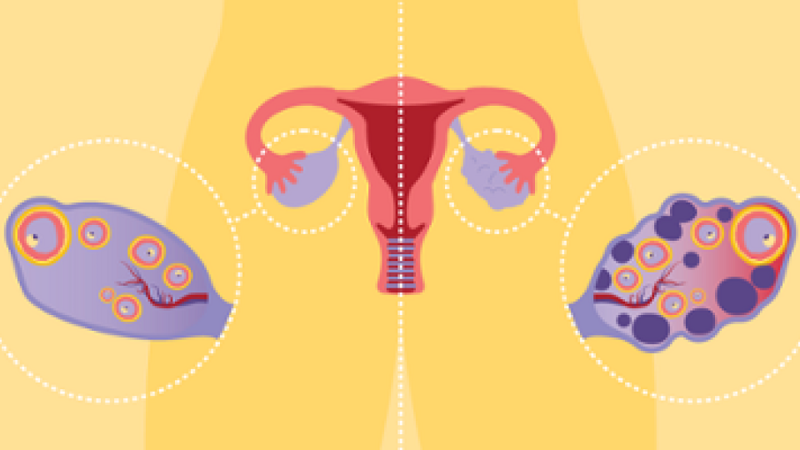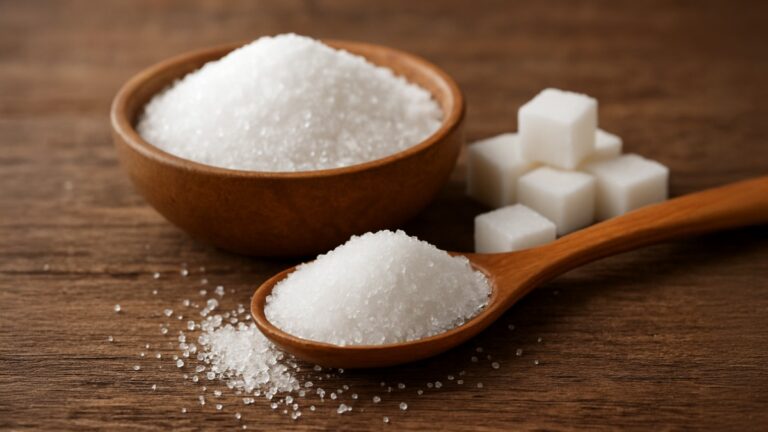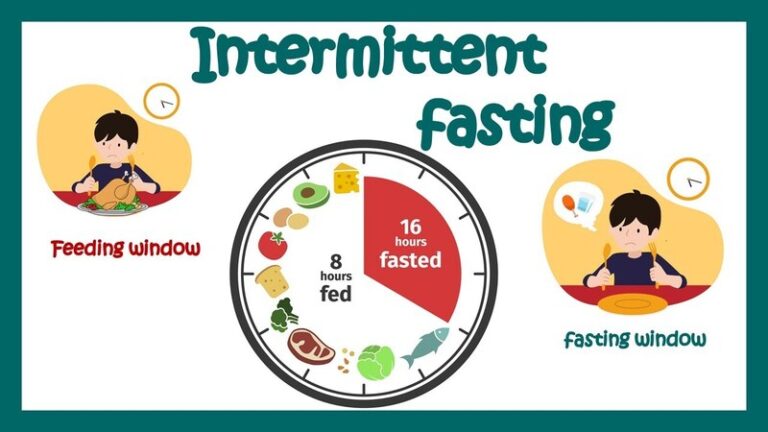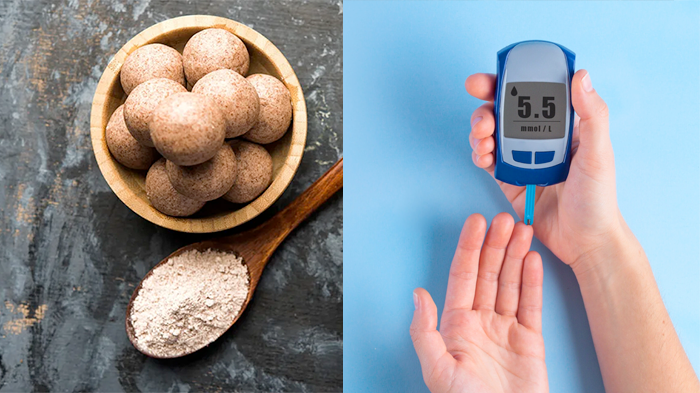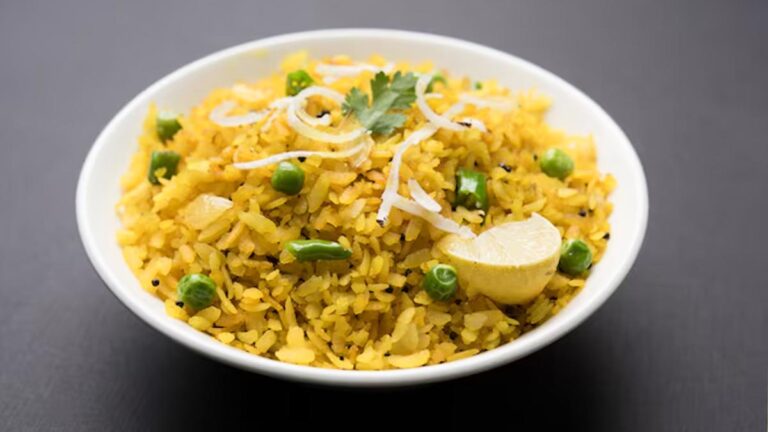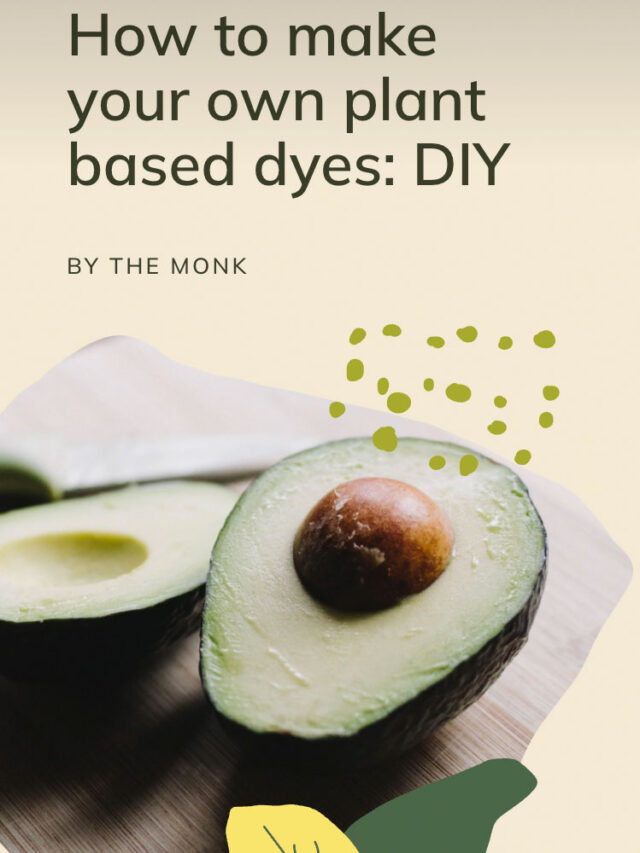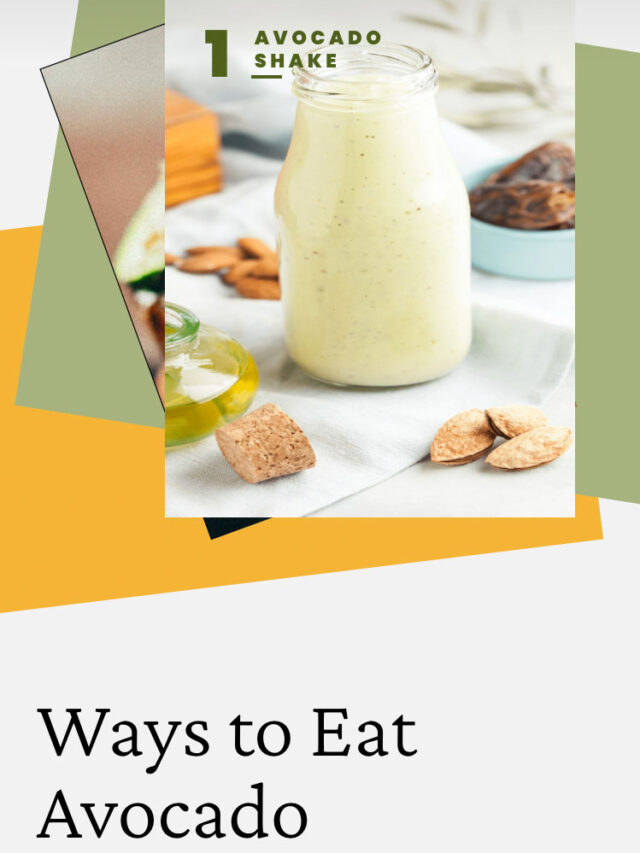Polycystic ovary syndrome (PCOS) is a common hormonal disorder in women of reproductive age. It is characterized by irregular menstrual cycles, high levels of androgens (male hormones), and the presence of cysts on the ovaries. PCOS can also cause other health issues such as insulin resistance, weight gain, and infertility. While there is no cure for PCOS, there are several tips to manage PCOS and its symptoms.
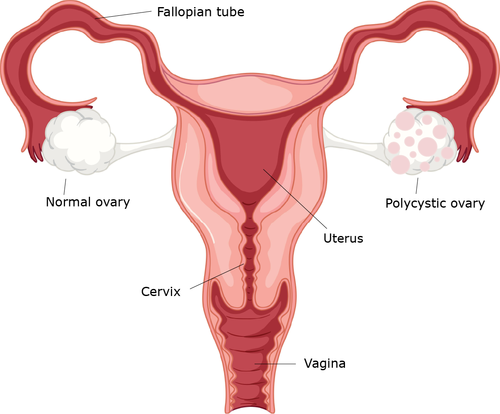
Here are some tips to manage PCOS naturally
- Maintain a healthy weight: Weight gain is a common symptom of PCOS. Maintaining a healthy weight through regular exercise and a balanced diet can help to regulate menstrual cycles, improve insulin resistance, and reduce the risk of other health issues associated with PCOS. A combination of aerobic and strength-training exercises, such as jogging, cycling, and weight lifting, can help to achieve and maintain a healthy weight.
- Follow a low-glycemic diet: A low-glycemic diet can help to regulate insulin levels and improve symptoms of PCOS. Foods with a low glycemic index (GI) release sugar slowly into the bloodstream, preventing spikes in insulin levels. Some examples of low-GI foods include whole grains, fruits, vegetables, legumes, and nuts. On the other hand, high-GI foods such as sugary drinks, white bread, and processed foods should be avoided.
- Increase fiber intake: Fiber-rich foods can help to regulate blood sugar levels and reduce insulin resistance in women with PCOS. Foods such as whole grains, fruits, vegetables, legumes, and nuts are rich in fiber and should be included in the diet.
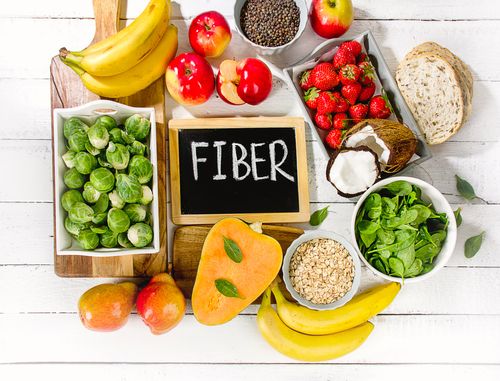
- Reduce stress: Stress can exacerbate symptoms of PCOS by increasing levels of the hormone cortisol. High cortisol levels can disrupt the menstrual cycle and worsen insulin resistance. Yoga, meditation, deep breathing, and other relaxation techniques can help to reduce stress and improve PCOS symptoms.
- Avoid environmental toxins: Exposure to environmental toxins such as pesticides, plastics, and heavy metals can disrupt hormone levels and exacerbate symptoms of PCOS. Minimizing exposure to these toxins by using natural cleaning products, eating organic foods, and avoiding plastic containers can help to reduce the risk of PCOS.
Some more tips
- Get enough sleep: Sleep plays an important role in regulating hormone levels and reducing stress. Women with PCOS should aim to get 7-8 hours of sleep per night to improve PCOS symptoms.
- Supplement with vitamins and minerals: Supplements such as magnesium, chromium, and vitamin D can help to improve insulin resistance and reduce PCOS symptoms. Consult with a healthcare professional before starting any supplement regimen.
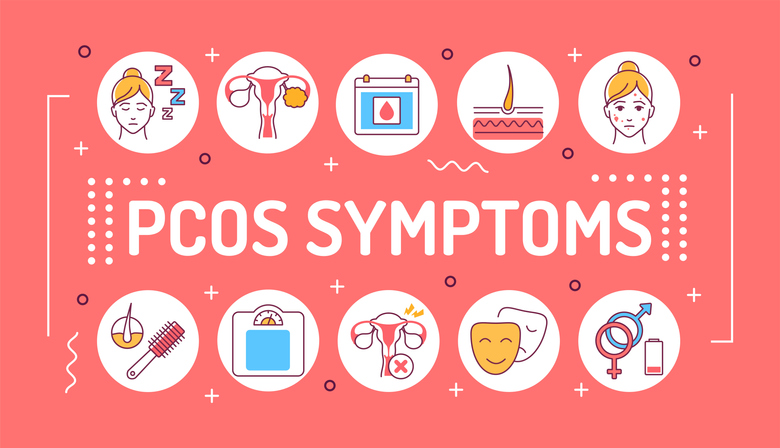
- Use natural remedies: Certain herbs such as cinnamon, turmeric, and fenugreek have been shown to improve insulin resistance and reduce PCOS symptoms. However, it is important to consult with a healthcare professional before using any natural remedies.
- Avoid smoking and alcohol: Smoking and alcohol consumption can exacerbate PCOS symptoms by increasing insulin resistance and disrupting hormone levels. Women with PCOS should avoid smoking and limit alcohol consumption.

- Seek medical treatment: While natural remedies can be effective in managing PCOS symptoms, it is important to seek medical treatment for PCOS. Medications such as birth control pills, metformin, and spironolactone can help to regulate menstrual cycles, reduce androgen levels, and improve insulin resistance. In some cases, surgery may be necessary to remove ovarian cysts.
In conclusion, PCOS is a complex hormonal disorder that can cause a range of symptoms. While there is no cure for PCOS, several natural remedies can help to manage its symptoms. Maintaining a healthy weight, following a low-glycemic diet, reducing stress, and avoiding environmental toxins.
(Disclaimer: The information given here is based on home remedies and general information. Before adopting it, definitely take medical advice. THE MONK does not confirm this.)

